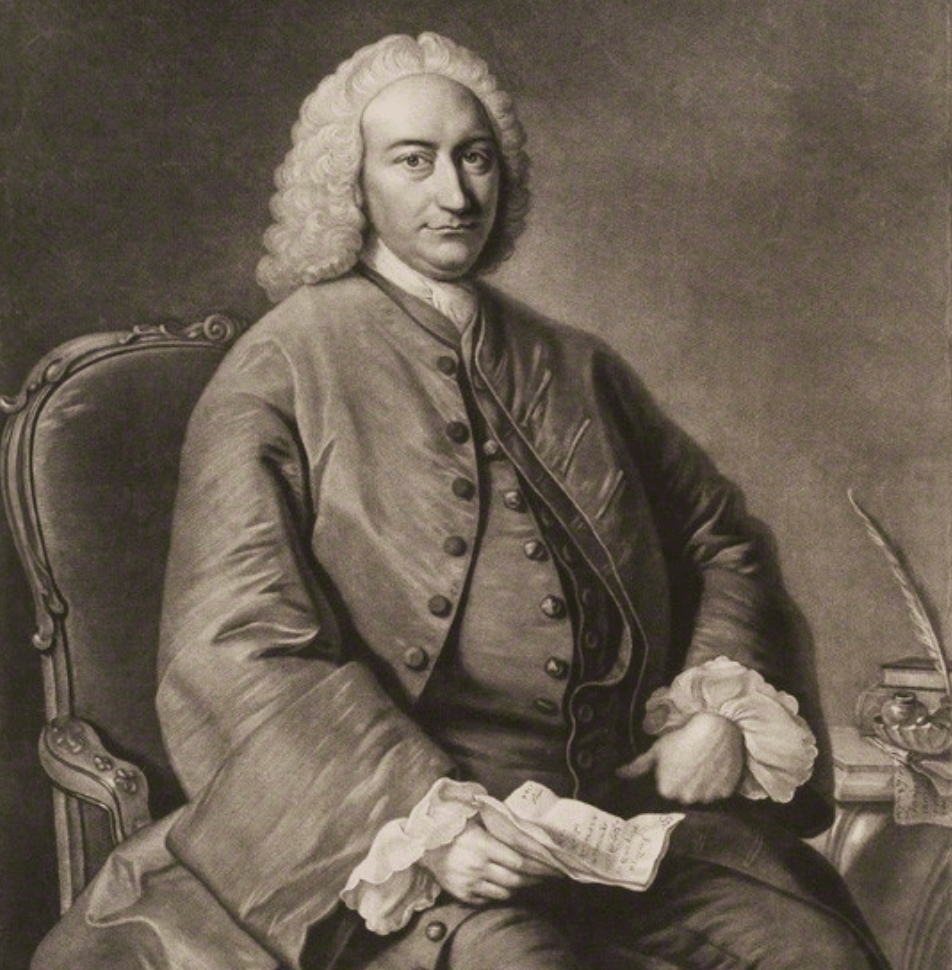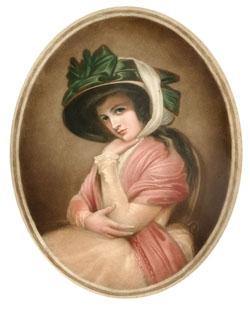Mary Brunton: The Forgotten Scottish Novelist
We have tried to get Self-controul, but in vain.--I should like to know what her Estimate is--but am always half afraid of finding a clever novel too clever--& of finding my own story & my own people all forestalled. Jane Austen Tuesday 30 April 1811

Author Mary Brunton was a direct contemporary of Jane Austen's and wrote two published novels, one of which the Austen family is known to have read and enjoyed--though not without some laughter at the Author's expense. Some scenes, including one in which the heroine escapes her captors by piloting a canoe down a river and over a waterfall, were just a bit too much for practical Jane, who wrote in 1813,
"I am looking over Self Control again, & my opinion is confirmed of its' being an excellently-meant, elegantly-written Work, without anything of Nature or Probability in it. I declare I do not know whether Laura's passage down the American River, is not the most natural, possible, every-day thing she ever does." Later, in 1814, Austen would comment on the scene again, "I will redeem my credit...by writing a close Imitation of Self-control as soon as I can;--I will improve upon it;--my Heroine shall not merely be wafted down an American river in a boat by herself, she shall cross the Atlantic in the same way, & never stop till she reaches Gravesent.--"
Austen had seen her own works, Sense and Sensibility, Pride and Prejudice, and Mansfield Park, published during this time and was well on her way to enjoying the fruits of her own works. Brunton, on the other hand is known as "the forgotten Scottish novelist" who's works, "rose very fast into celebrity, and their popularity seems to have as quickly sunk away." Far from being "gothic" in nature, like other novels of the period, Bruton's work carries a theme that good will win out, and only when our own selfishness has been recognized and erradicated and a new order of reverence and piety established, can a happy ending be found.
Mary was the daughter Colonel Thomas Balfour of Elwick, a British Army officer and Frances Ligonier, sister of the second earl of Ligonier. She was born on 1 November 1778 in the Orkney Islands, Scotland. Mary's early education was limited, though her mother did teach her music, Italian, and French. Around 1798, Mary met and fell in love with the Reverend Alexander Brunton, a Church of Scotland minister, who later became a Professor of Oriental Languages in the University of Edinburgh. Mary's mother disapproved of the match, and sent her daughter away in hopes of discouraging the relationship. Not to be dissuaded, Rev Brunton (according to legend) rowed out to the island where Mary was staying and spirited his bride away--in any cay, she married Brunton in 1798 and they had a happy marriage, which included companionship and mutual interests.
After twenty years of marriage, Mary finally became pregnant at age forty, but she died in 1818 in Edinburgh after giving birth to a still-born son. Brunton started to write her first novel in 1809. Like many of her fellow novelists, she also recorded bits and pieces of daily life in a journal. In her lifetime, Brunton wrote two complete novels, Self-Control (1811) and Discipline (1814). In 1819, her husband published a memoir of her life along with her unfinished work, Emmeline, which deals with the unhappy lot of a divorcée.
The full text of Mrs. Brunton's work can be found online at Labrocca.com: Self-Control, Discipline, and Emmaline and the Memoir. Information borrowed from Wikipedia and other online sources.
Remember, you can explore a wonderful range of Jane Austen literature at The Jane Austen Online Gift Shop.



Leave a comment
This site is protected by hCaptcha and the hCaptcha Privacy Policy and Terms of Service apply.